For decades, Croatia has drawn on the support of its diaspora, a community of over three million people scattered across the globe, with a significant concentration in Australia. These expatriates, often the descendants of those who fled political instability, war, or economic hardship, have long been heralded as a lifeline to the homeland, sending billions of dollars in remittances and maintaining cultural ties. But when it comes to their potential return to Croatia, the picture becomes far more complicated.
For many Croatian Australians, the idea of moving back to their ancestral homeland is both a romantic notion and a practical gamble. They are drawn by Croatia’s picturesque landscapes, rich cultural heritage, and the prospect of contributing to a nation they hold dear. Yet, as much as Croatia claims to want its diaspora back, the barriers to re-entry suggest a deeper ambivalence—or perhaps even resistance.
The Government’s Mixed Signals
Officially, Croatia’s government frequently calls on its diaspora to return and invest in the country. Initiatives such as tax incentives for businesses, streamlined citizenship applications, and programs aimed at fostering cultural ties seem to send a welcoming message. However, beneath the surface, many returnees report encountering an entrenched bureaucracy, legal obstacles, and a societal attitude that borders on resentment.
One major sticking point is the perception among locals that diaspora Croatians—often more affluent and with Western education and experience—arrive with a sense of entitlement. This can breed resentment, especially in a nation still grappling with high unemployment, political corruption, and limited social mobility. Returnees often describe feeling like outsiders in a land they hoped to call home.
The government, too, has been accused of double standards. While diaspora funds are enthusiastically accepted—remittances accounted for nearly 4% of Croatia’s GDP in 2022—the same level of enthusiasm is not always extended to actual returnees. Critics argue that policies ostensibly designed to encourage return are riddled with red tape, from complex property ownership laws to difficulties in getting foreign qualifications recognized. Many also cite a lack of genuine political will to address systemic issues such as corruption, which deters both investors and potential returnees.
Challenges on the Ground
For Croatian Australians who make the leap, reality can hit hard. The romanticized vision of life on the Adriatic coast often clashes with the practical difficulties of integrating into Croatian society. Jobs can be scarce, and wages are low compared to Australian standards. The average monthly salary in Croatia hovers around €1,200, a stark contrast to Australia’s median full-time wage of approximately AUD 7,000.
Moreover, the healthcare and education systems, while accessible, often lack the resources and efficiency of their Australian counterparts. The language barrier can also pose challenges for second- or third-generation diaspora members who may not speak fluent Croatian. Social networks, crucial for navigating life in a new country, can be difficult to build in a society that often views returnees with suspicion.
Does Croatia Really Want Its Diaspora Back?
The question of whether Croatia genuinely wants its diaspora to return is complex. On one hand, the government’s rhetoric suggests a desire to tap into the diaspora’s resources, skills, and global networks. On the other hand, the systemic obstacles faced by returnees suggest a lack of genuine commitment to creating an environment conducive to reintegration.
Some analysts argue that the Croatian government’s primary interest lies not in repatriation but in maintaining the flow of remittances and occasional investment. “The diaspora is seen more as an economic resource than a human one,” says Dr. Ivan Štulhofer, a sociologist specializing in migration. “While their money is welcome, their presence can disrupt the social and political status quo.”
A Personal Choice
Ultimately, the decision to return to Croatia is deeply personal and depends on an individual’s circumstances, expectations, and tolerance for the challenges that come with starting over in a new—yet familiar—land. For Croatian Australians, it means weighing the allure of reconnecting with their heritage against the practical realities of life in a country still finding its footing in a competitive global economy.
For those willing to navigate the hurdles, the rewards can be immense: a slower pace of life, the chance to contribute to Croatia’s development, and the fulfillment of a long-held dream. But for others, the barriers may prove insurmountable, leaving them to support their homeland from afar.
Croatia’s diaspora remains one of its greatest untapped resources. Whether the nation can overcome its internal contradictions and make a genuine effort to welcome its global citizens home remains to be seen. For now, the relationship between Croatia and its diaspora is one of love, frustration, and untapped potential—a dynamic as complex as the nation itself.

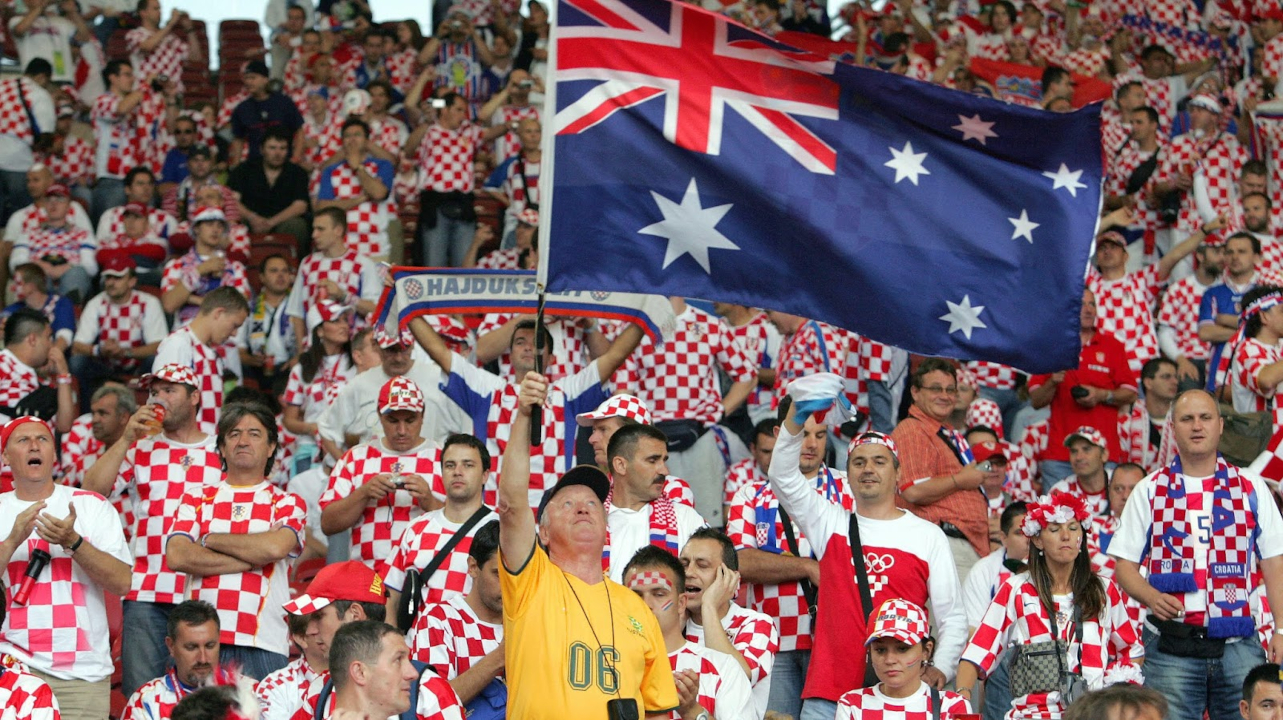


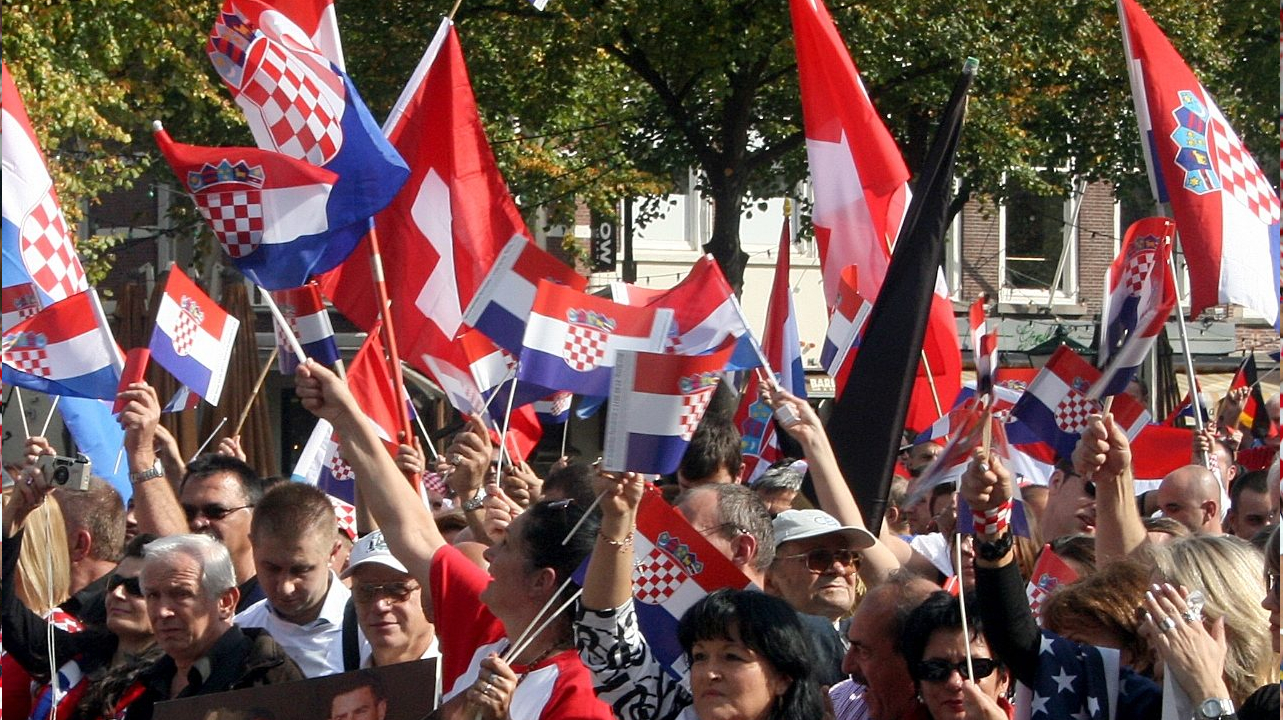
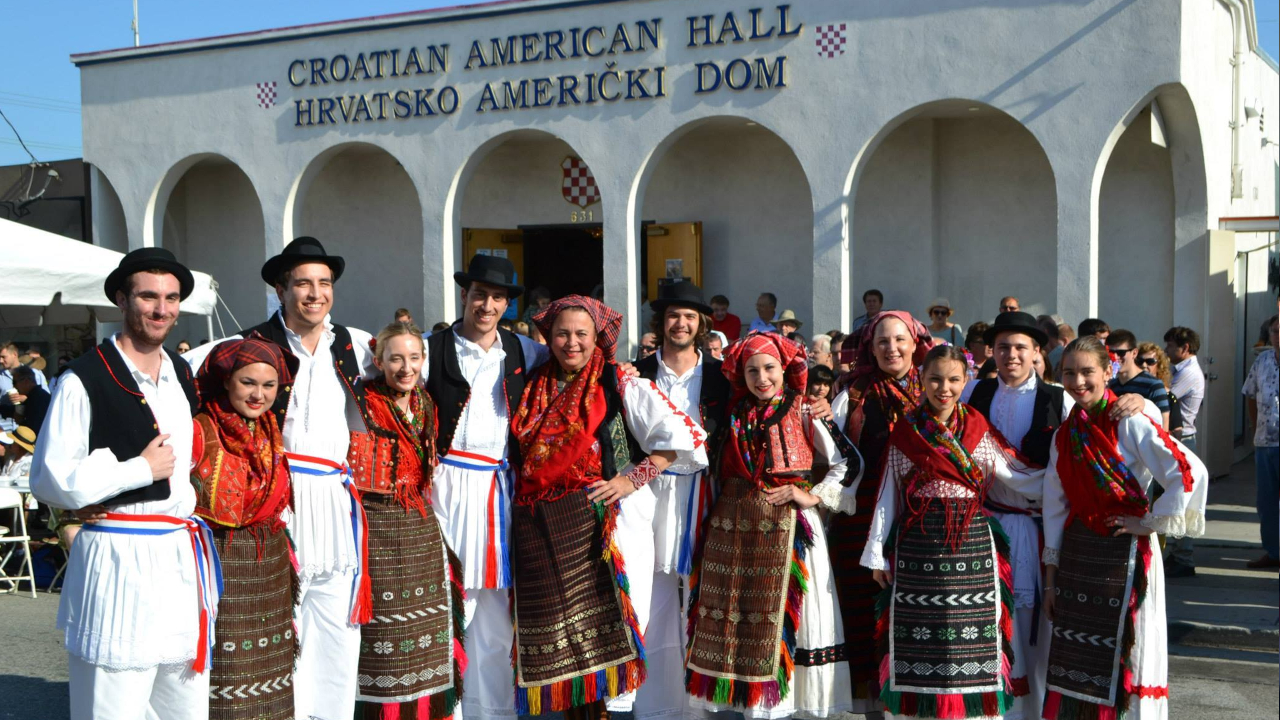

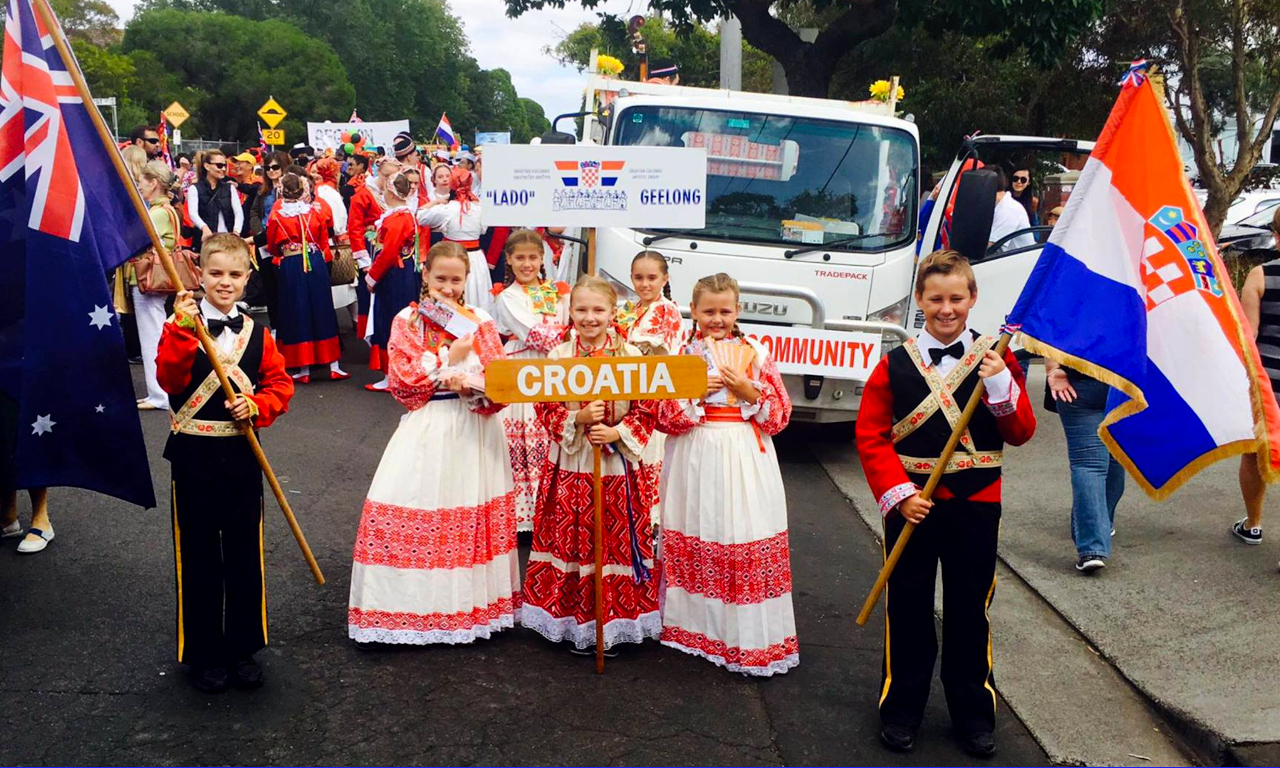
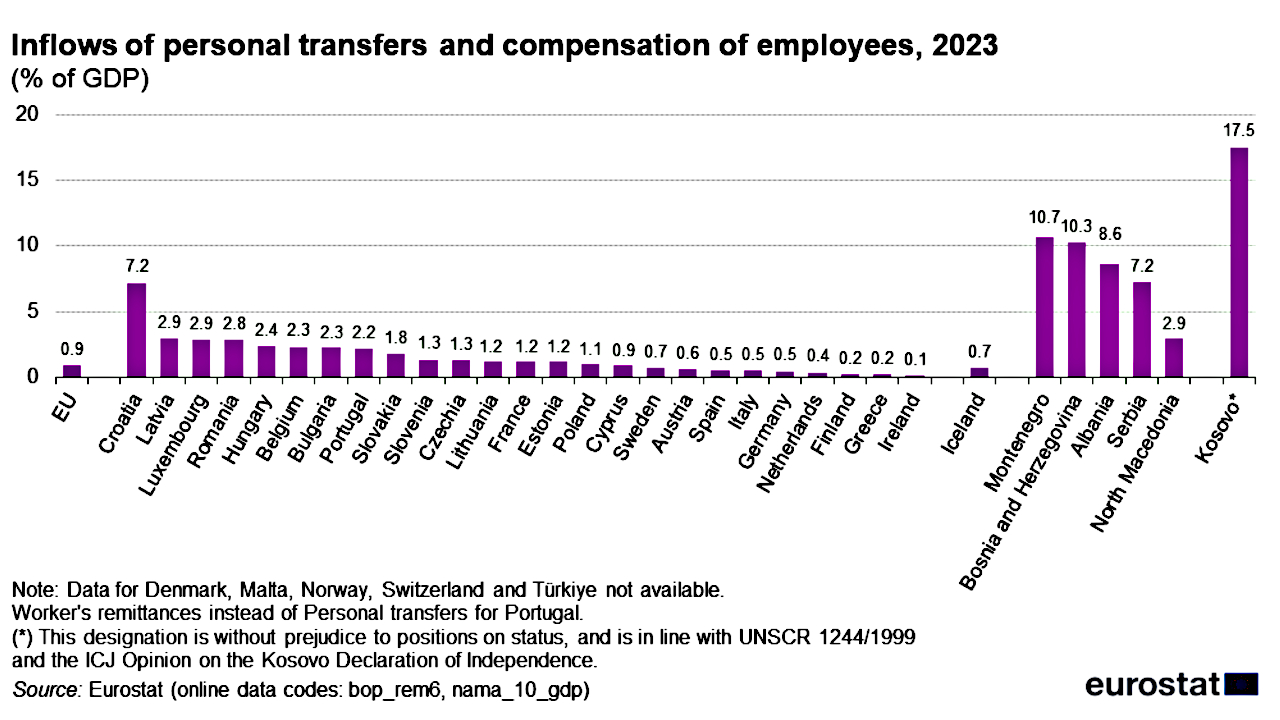
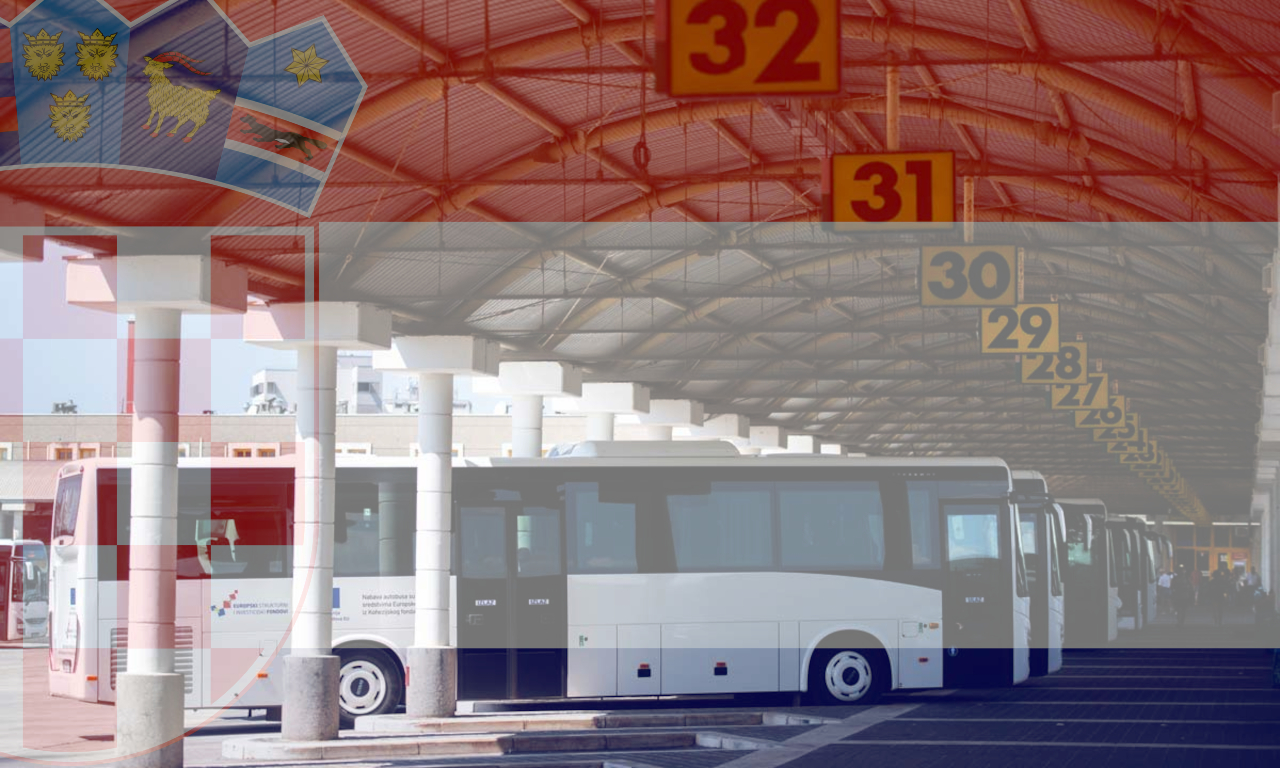
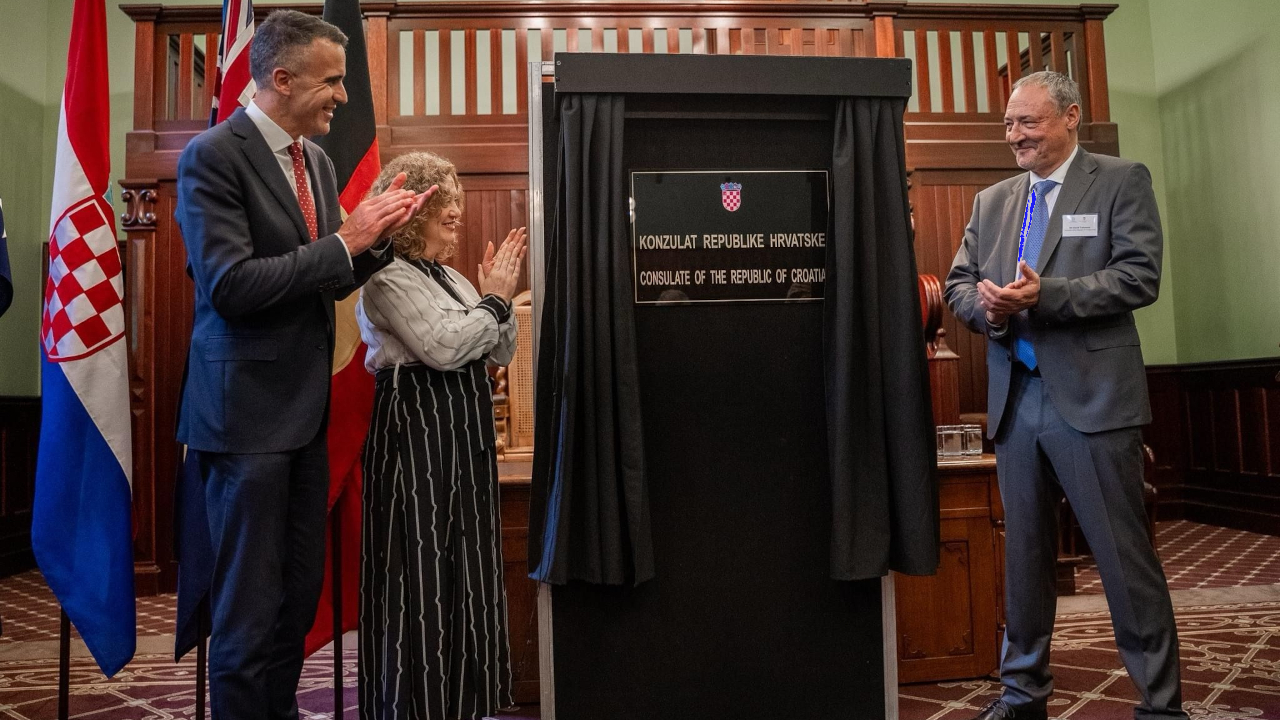
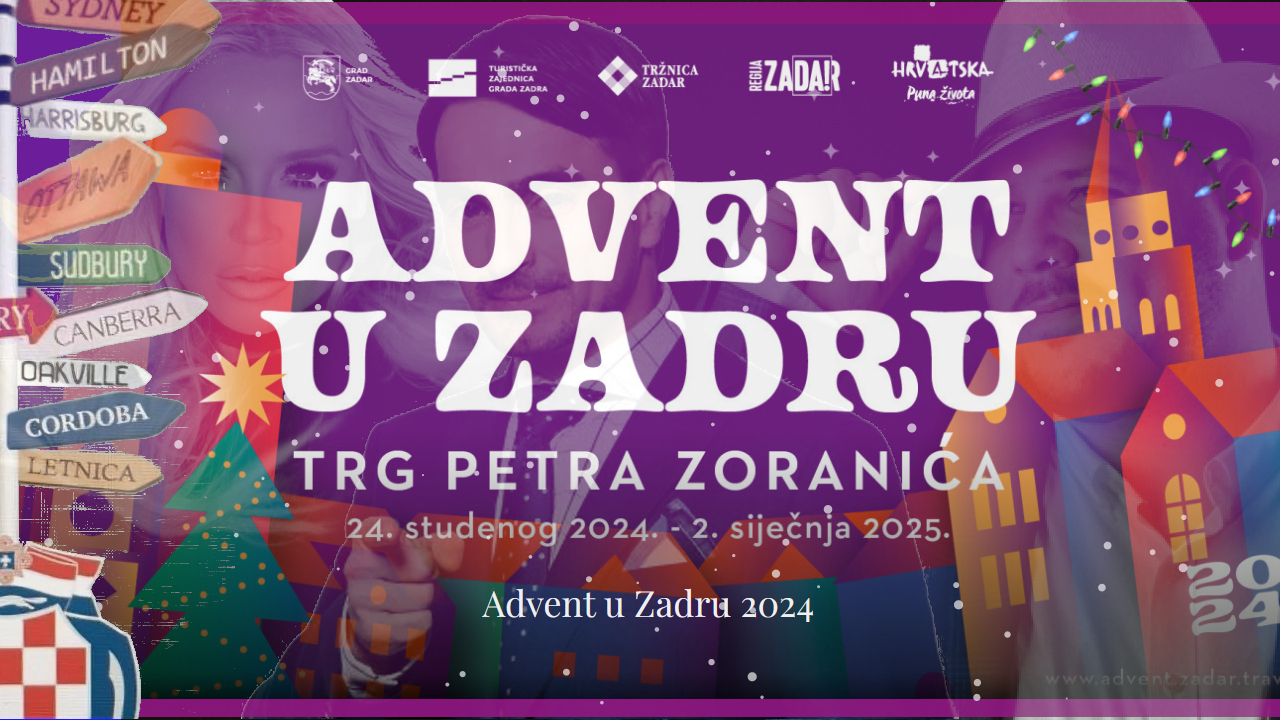
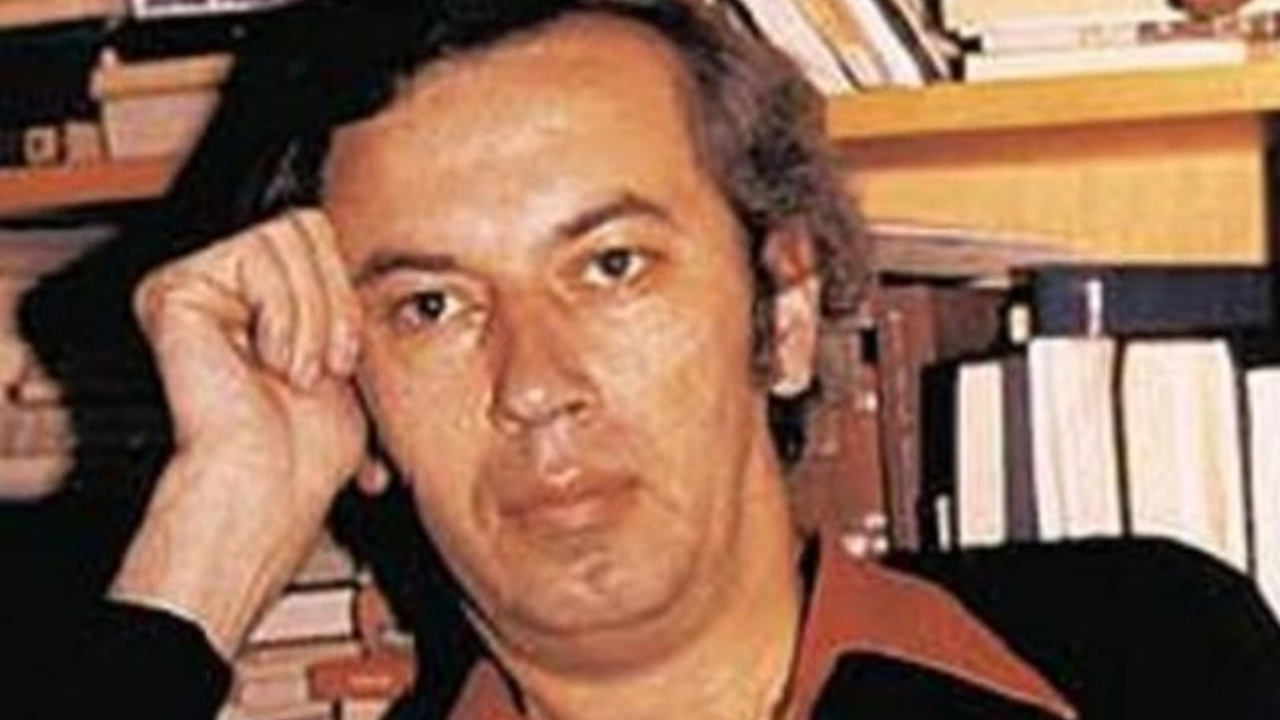
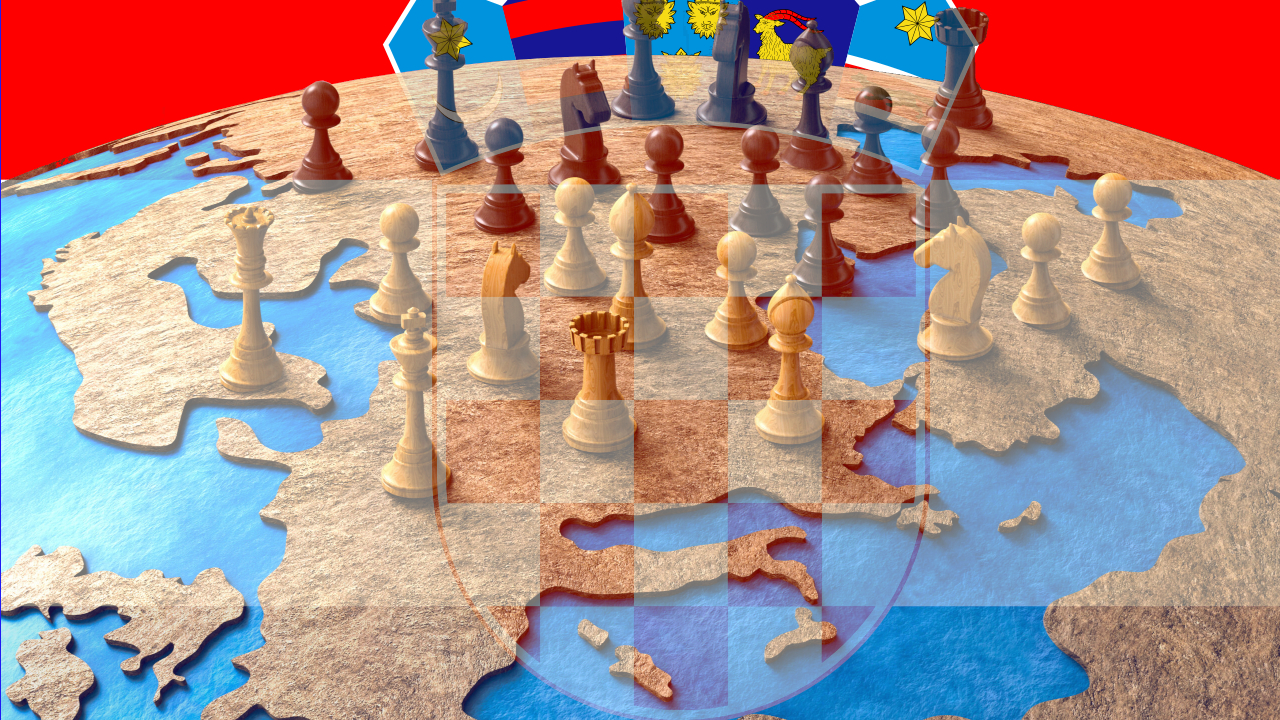
Leave a Reply